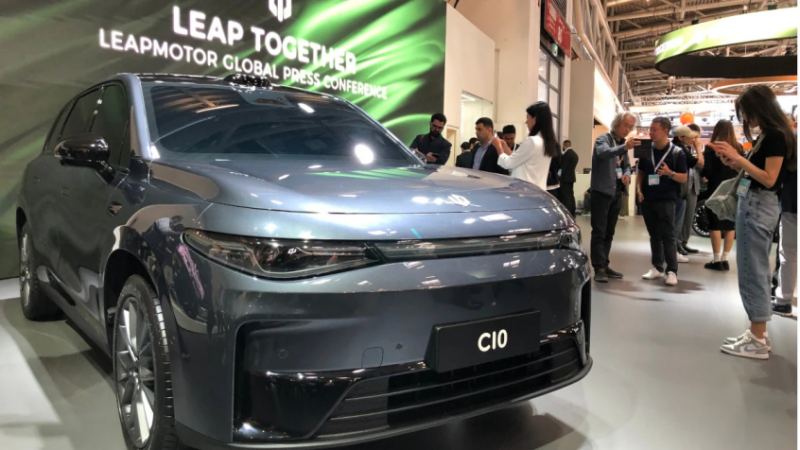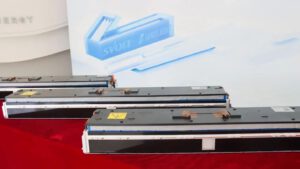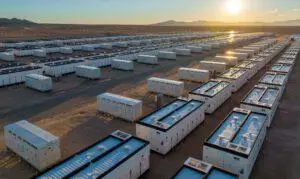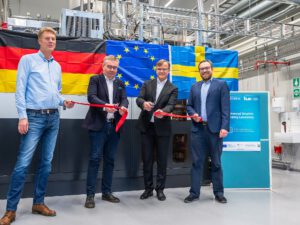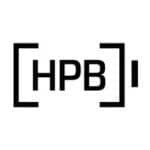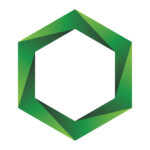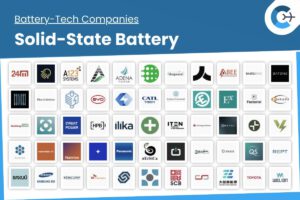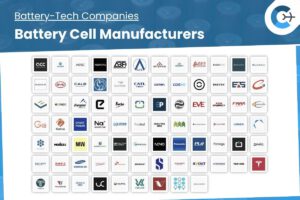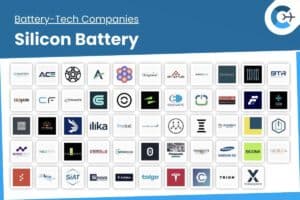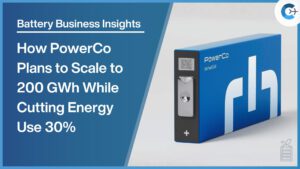Leapmotor, the Chinese electric vehicle maker backed by Stellantis, has started supplying self-developed battery packs to commercial vehicle manufacturers, using cells sourced from CATL and other leading battery producers. The packs are designed and assembled by Lingxiao Energy, Leapmotor’s dedicated battery-technology subsidiary. According to industry reports, the company has secured orders from more than five new-energy commercial-vehicle customers and is in advanced negotiations with Xeazon New Energy Vehicle Co., Ltd. for its pure-electric concrete mixer trucks.
In July, Leapmotor CEO Zhu Jiangming announced that the company would expand its in-house development efforts beyond its core “three electric” systems—battery, motor, and electronic control—as well as intelligent features, to include all high-value components where internal expertise allows. Leapmotor already supplies parts for passenger vehicles through a joint venture with Stellantis and a development partnership with Hongqi.
Analysts point out that entering the commercial vehicle sector presents fewer competitive obstacles than supplying critical components to passenger car rivals. Data from the China Passenger Car Association shows that while new-energy penetration in the passenger car market exceeds 50%, electrification among commercial vehicles remains under 20%. Battery installations in commercial vehicles grew by 126.2% year-on-year, reaching 51.4 GWh during the first half of 2024, indicating substantial room for expansion.
Leapmotor’s production and delivery figures have also climbed rapidly: the company delivered 221,700 vehicles in the first half of 2024, a 156% increase compared with the same period last year, and reported its first monthly delivery exceeding 50,000 units in July.
Leapmotor’s strategy mirrors that of BYD, which developed a vertically integrated supply chain covering batteries, motors, and inverters before spinning off these operations into independent subsidiaries collectively known as the Findreams group. These entities now serve both BYD and external automakers, showcasing a scalable model for component supply within the electric-vehicle industry.
Source: Carnewschina

